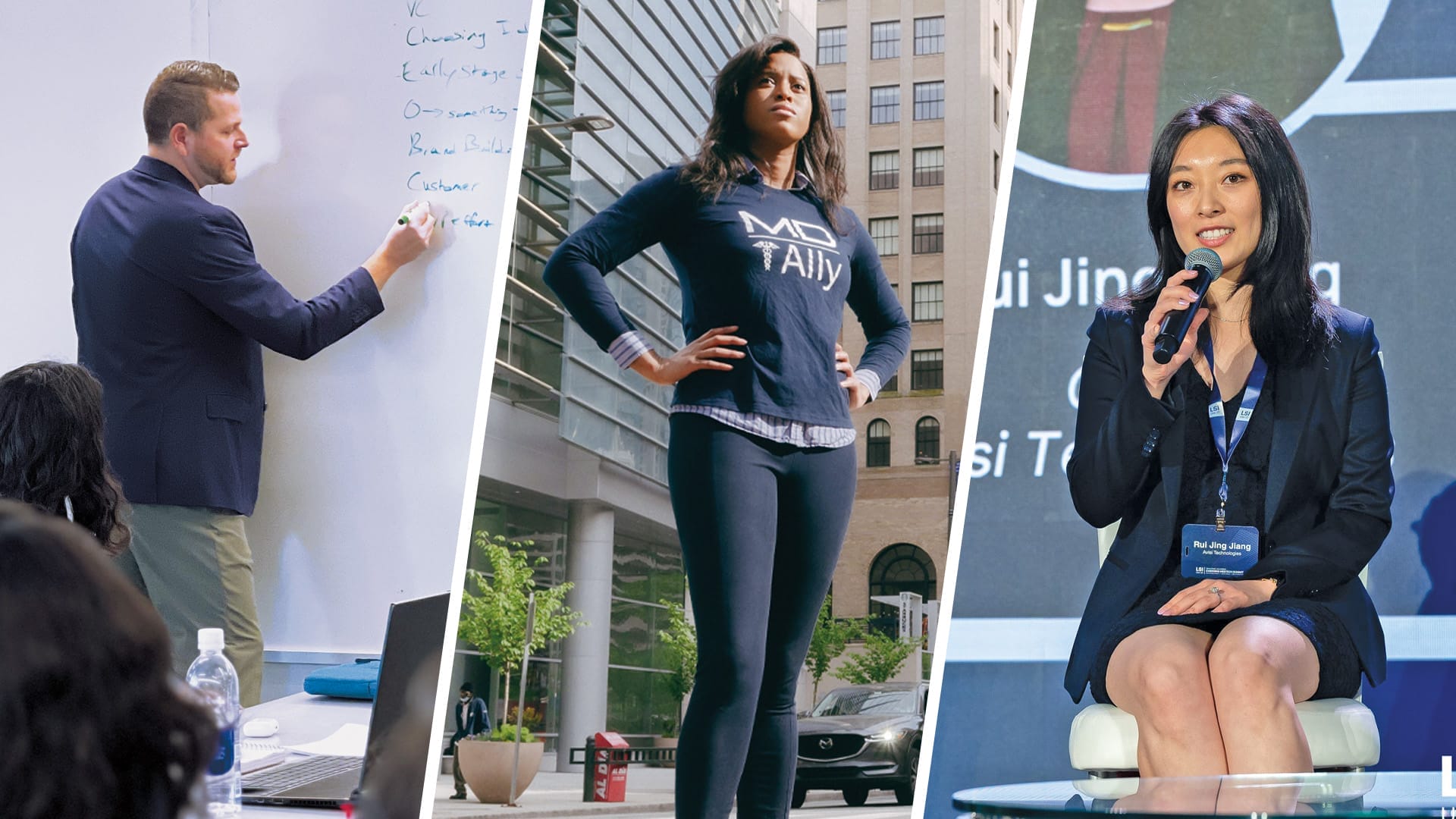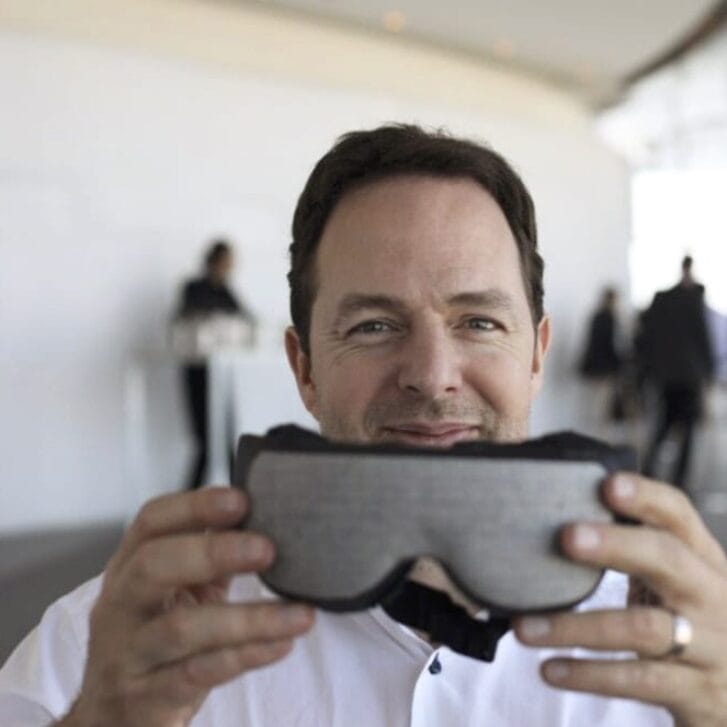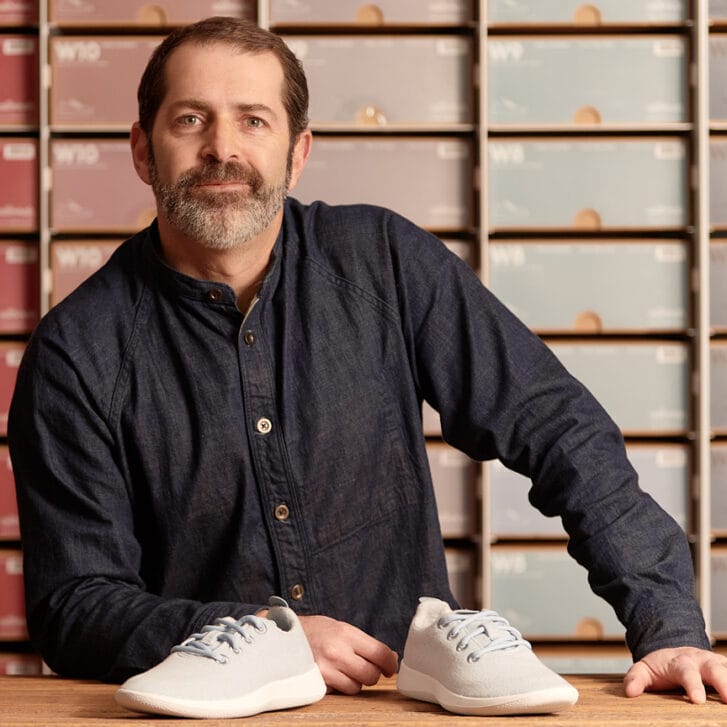Imagine you’re a Wharton student with a brilliant idea for a new business that you’re sure will change the world. But perhaps you’re 18 years old, and no amount of potential funding or creative talent can compensate for your lack of experience. Or you’re an MBA with a brilliant idea but no background in launching a company. You don’t know where to go or whom to ask for hands-on help. So you show up at Venture Lab, the Wharton-led center that supports and educates bright-minded student entrepreneurs across Penn. Perhaps you’ll apply to Venture Lab’s Venture Initiation Program (VIP), where you’ll learn directly from experts dedicated to accelerating businesses through workshops, hear industry insights from entrepreneurial community members, and dive into the nitty-gritty details of running a venture and building a brand. With the right combination of sweat equity, resilience, and vision, you leave Wharton with both a degree and the title of “founder.”
But that’s not where the Wharton entrepreneurial journey ends for some of the School’s most successful alumni. Through VIP’s Entrepreneur in Residence program, graduates return to campus and provide tailored guidance to students who, not very long ago, were just like them — wide-eyed, hungry for knowledge, and in need of mentors to help them realize their dreams.
Founding Principles
At Venture Lab, students can book time with industry experts like current entrepreneur in residence Rui Jing Jiang W18. Jiang entered the VIP pipeline as a freshman before graduating as the founder and CEO of Avisi Technologies, a company developing nanotechnology aimed at treating glaucoma. She remains passionate about aiding young entrepreneurs in finding their footing: “I love helping students realize they can start a company, and they shouldn’t be afraid based on their age or their backgrounds and work experience. To be courageous and do something you feel passionately about is the advice I give every student I meet.”
Because she remembers how intimidated she felt at the prospect of building a business from the ground up, Jiang is an advocate for Venture Lab’s real-world pressure-testing of ideas and critical advice from faculty and alumni. “I remember so clearly being in their shoes,” she says, “with me asking the same types of questions: How do I identify the right customer markets? How do I launch a pilot, get funding?”
This unique ecosystem — from students with ideas to alumni paying their experience forward — provides the entire Penn community with Wharton-powered guidance on how to launch brands and create companies from tip to tail. VIP director Valentina Goutorova notes that she sees the success of this approach reflected in the program’s high levels of alumni engagement. “We’ve worked with probably 1,000 students in the past 20 years, and we see a lot of them coming back,” she says. “They reach out and participate in our programs as entrepreneurs in residence, functioning as alumni judges and alumni experts, which is perfect, because entrepreneurial interest is only going to rise. We’re opening our doors wider than ever before.” As proof of entrepreneurship’s popularity at Wharton: It was the top major for MBAs in the Class of 2023 and is on the rise among undergraduates.
Another current entrepreneur in residence and alumna of the VIP pipeline is Shanel Fields WG19, founder and CEO of MD Ally, a company that allows dispatchers and first responders to connect non-emergency calls to social services and telehealth in real time. Fields champions Venture Lab’s emphasis on practical engagement over theoretical discussion — an execution-oriented environment that encourages participants to test their ideas through interactions with business leaders. “This shift from conceptualization to validation is a critical step in the entrepreneurial journey,” says Fields. “In a classroom setting, it’s concept, but at Venture Lab, it’s execution. Because I know how important receiving that validation was to me as a young founder, it’s so rewarding to offer that back in turn at Venture Lab today.”
Building a Community
Justin Silver WG19 attended Venture Lab information sessions shortly after arriving on Wharton’s campus to earn his MBA. There, within days, he met his future co-founder in fellow student Rooshy Roy WG19, and they teamed up to start Aavrani, a skin-care company built on the foundation of “ancient Indian beauty rituals.”
Silver attributes much of the success he and Roy achieved with Aavrani to guidance he received from the Venture Lab team, particularly in the way the program fostered the duo’s direct engagement with alumni mentors, advisors, and potential customers. This unique structure and exposure to expertise empowered the two founders to get immediate feedback on their business plans for the company.
Now, when Silver returns to campus for his Entrepreneur in Residence sessions with Venture Lab’s current crop of students, he’s paying back the goodwill that Wharton alumni extended to him and Roy at the outset of Aavrani. “When we were students, we were very on top of connecting with alumni and knew how amazing it was that they rewarded us with their knowledge,” Silver recalls. “Back then, Venture Lab connected us with entrepreneurial alumni who helped us craft our entire brand’s journey. Because I know the benefit of connecting alumni to talented students who want help with their current ventures, it’s my pleasure to step into that role.”
“Proof of Concept”
With over $20 million raised collectively since their companies were founded, Jiang, Fields, and Silver keep coming back because they believe in Venture Lab’s mission. From delivering keynote speeches to sitting down with young founders in one-on-one development sessions, their dedication is a key piece of the growing Wharton entrepreneurial ecosystem.
“The Wharton brand might be built on being analytical and data-driven — expectations that traditionally align with big-name firms,” says Wharton’s vice dean of entrepreneurship, Lori Rosenkopf. “But if you look at the big players in tech and entrepreneurial spaces, from LinkedIn to Google, we see Wharton across the board. This is proof of concept for the power of a Wharton education in these rising industries, and where Venture Lab really helps our students excel.”
It’s easy to imagine those green undergrads and MBAs arriving at Wharton, unsure of the way forward, then finding their footing thanks to pipelines like VIP and people like the Entrepreneurs in Residence. Through these programs, Venture Lab ensures that the journey from idea to enterprise is a path that students don’t walk alone.
Published as “Full-Circle Founders” in the Spring/Summer 2024 issue of Wharton Magazine.


























